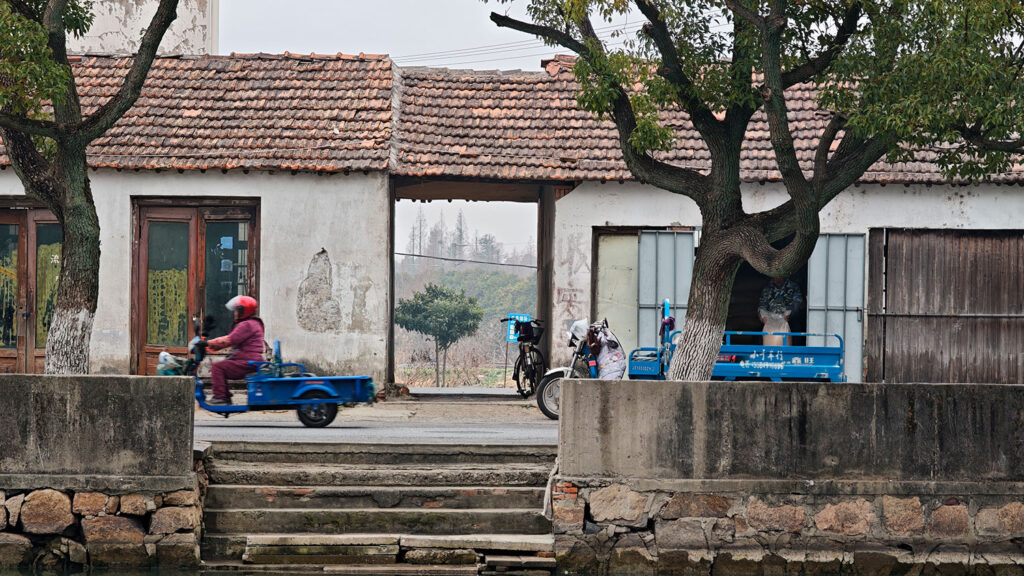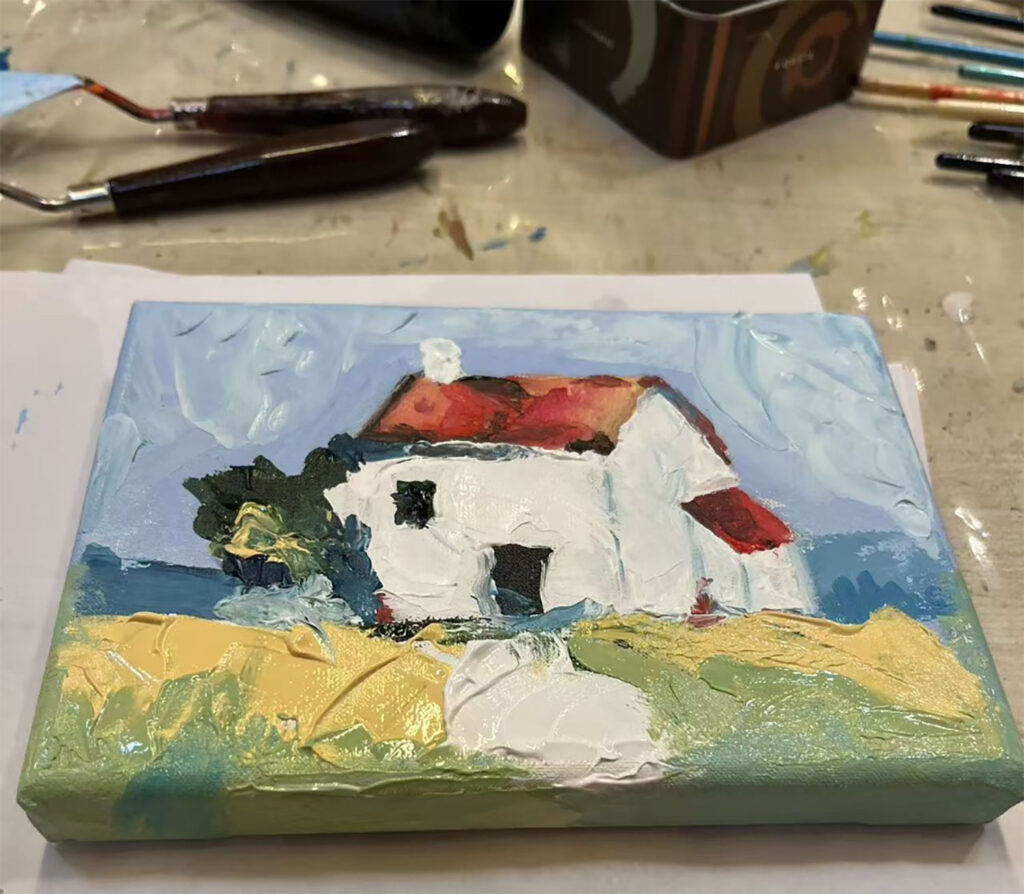Short, concise, funny — and on-point as long as you remind yourself this was written 23 years ago; yet the foundation still stands. Honesty is more important than kindness. A quarrel that has not been solved is not really over. Dutch like direct communication and a student can contradict his or her teacher. And to a Dutch person, It seems that if you don’t openly apologize, it seems like you don’t mind what you have done.
Someone who wants to feel hurt will find some sentences and label them as racist, such as cultural differences between Turkish or Moroccan families. But the book hides not. It just says what Dutch people like, or what they think is highly annoying — regardless of whether the attitude of Dutch people is fair or not. (A Morrocan or Turkish woman who has to walk behind her husband, smacking or slurping while eating, foreigners who keep talking their own language.)
I think it is a great mediator, and I think it is a great book especially for immigrants or expats who move to the Netherlands, although I wonder if their Dutch level will be good enough for this book (but I saw that this book is also available in English). There is a lot of practical advice in there, even on language — how certain phrases or questions will make Dutch people appreciate you more. It is funny too for Dutch people, and useful for them to look in a mirror, or share some paragraphs with their foreign partner.
I wish I had a book like this moving to China, talking about how to live together with Chinese people. Not about how to make the best of career opportunities, or some basic Confucian principles that were neither specific nor true — but about the different attitudes towards family members, towards separating life and work, money, insurance, future, children, being honest or being kind. Etcetera.




